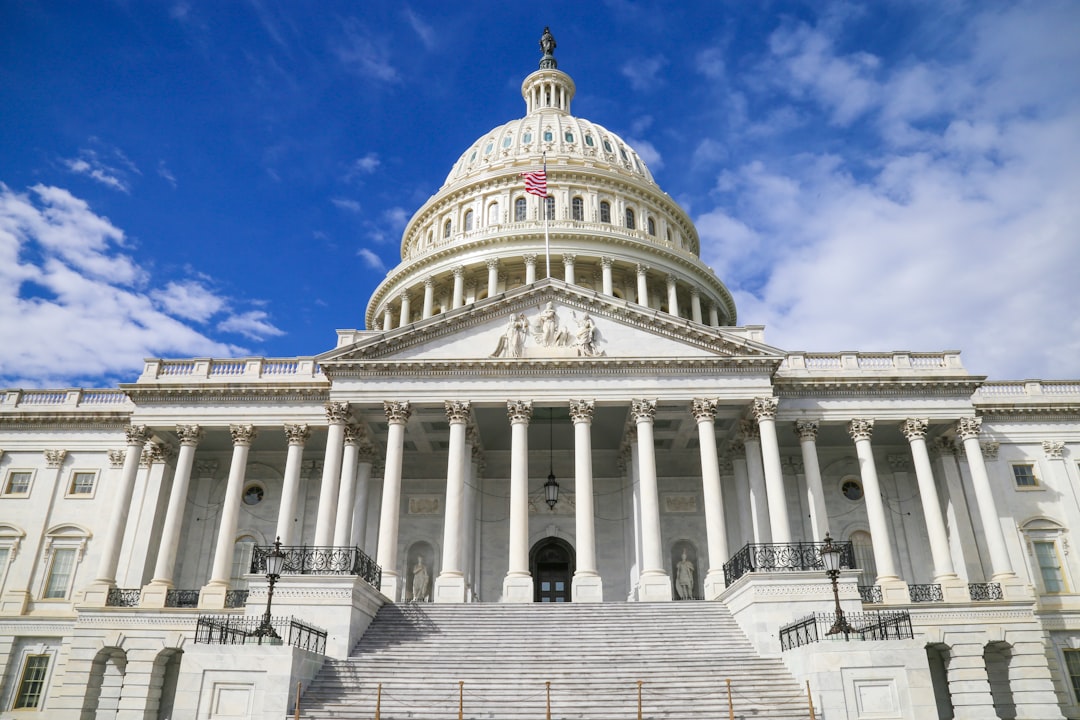Spam calls, a significant modern communication issue, are addressed in Washington by specialized spam call law firms. These firms help individuals and businesses understand their privacy rights, protect citizens from harassment and scams, and influence state-level legislation. However, spammers' evolving tactics and high call volumes pose challenges, making it difficult to gather precise data and enforce regulations. Collaborative feedback loops involving consumers, telecoms providers, and law firms are crucial for refining spam call laws, identifying loopholes, and ensuring a safer communication environment in Washington.
In today’s digital era, spam calls remain a persistent and annoying problem for folks across Washington. While current legislation aims to combat this issue, understanding public feedback is crucial for crafting effective spam call laws. This article delves into the importance of feedback, exploring its role in shaping robust regulations. By examining current challenges and highlighting successful changes driven by consumer input, we underscore the value of a collaborative approach to improving spam call legislation in Washington.
Understanding Spam Calls and Their Impact

Spam calls, a persistent nuisance in today’s digital age, refer to unsolicited phone communications often promoting products or services. They can range from pre-recorded messages to live sales representatives, with the primary goal of frustrating recipients and disrupting their daily lives. In Washington, where privacy laws are stringent, spam call law firms play a vital role in navigating these complex regulations. These legal experts help individuals and businesses understand their rights and obligations regarding unwanted phone marketing calls.
The impact of spam calls extends beyond mere annoyance. They can cause significant distress, especially for those experiencing harassment or scams. Many victims report feeling threatened, invaded, or even manipulated by persistent callers. This is where a Washington spam call law firm steps in, offering guidance and legal recourse to protect individuals from such abuses, ultimately improving legislation against spam calls across the state.
Current Challenges in Spam Call Legislation

The current landscape of spam call legislation faces several challenges that hinder its effectiveness in protecting consumers from unwanted phone solicitations. One major issue is the rapid evolution of tactics employed by spammers, who constantly adapt their methods to bypass existing regulations. They often exploit loopholes and utilize sophisticated technologies to make calls appear as if they are coming from legitimate sources, making it difficult for law enforcement to track and penalize these activities.
Moreover, keeping up with the volume and diversity of spam calls is a significant hurdle. With millions of phone numbers being targeted daily, it becomes nearly impossible for a single spam call law firm in Washington or anywhere else to effectively monitor and combat these activities alone. This deluge of spam calls also makes it challenging to gather accurate data and feedback from affected individuals, which is crucial for refining and strengthening legislation.
Role of Feedback in Shaping Effective Laws

Feedback plays a pivotal role in shaping effective spam call legislation, as it provides crucial insights into what strategies are working and which areas require enhancement. By gathering input from various stakeholders, including consumers, telecoms providers, and spam call law firms in Washington, policymakers can create more robust and tailored regulations. This collaborative approach ensures that laws address the evolving tactics of spam call scammers while respecting legitimate business practices.
Additionally, feedback mechanisms enable continuous improvement by identifying loopholes and providing data-driven recommendations for change. In Washington, where there’s a growing need to combat the nuisance and fraud associated with spam calls, active feedback loops can help keep legislation relevant and responsive. This proactive measure is essential in maintaining a safe and reliable communication environment for residents.
Success Stories: Feedback-Driven Changes

In recent years, the dynamic landscape of telecommunications has presented unique challenges in combating unwanted spam calls. However, feedback from consumers and industry stakeholders has emerged as a powerful tool to shape effective solutions. Through dedicated surveys, complaint platforms, and collaborative discussions, regulators and law firms like those specializing in spam call laws in Washington have witnessed remarkable success stories.
These changes are driven by real-world examples where consumer feedback directly influenced legislative updates. For instance, widespread complaints about robocalls led to the implementation of Do Not Call registries and stricter penalties for violators. This collaborative process not only improves existing spam call legislation but also fosters a more responsive and accountable ecosystem, ensuring that laws remain relevant and effective in the ever-evolving digital communication realm.






